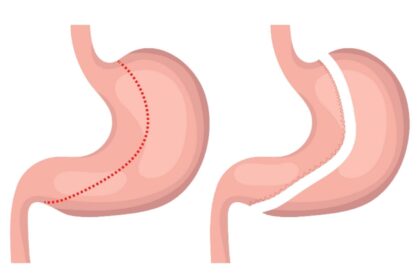Menopause is a natural biological transition that marks the end of menstrual cycles. This phase can be accompanied by a range of symptoms that may affect an individual’s quality of life and general well-being. For those navigating this transition, understanding the available options for managing these changes is a primary step. Hormone replacement therapy is one approach that individuals discuss with their clinicians to address menopause-related symptoms.
What Is Hormone Replacement Therapy?
Hormone replacement therapy (HRT) is a treatment that involves supplementing the body with hormones that decline during menopause. The goal is to alleviate symptoms associated with this hormonal shift. Clinicians tailor HRT plans to each person’s specific health profile and needs.
HRT is available in several formats, allowing for flexibility in administration based on personal preference and medical guidance. Common delivery methods include oral pills, transdermal patches applied to the skin, topical gels or creams, and vaginal rings. The selection of a specific type, dose, and format of HRT is a decision made in collaboration with a healthcare provider following a thorough evaluation of the individual’s health status and personal goals.
What Does It Address?
Many individuals seek information about HRT to manage symptoms that can disrupt daily life during perimenopause and menopause. The decline in estrogen can lead to various physical and emotional changes. HRT’s main benefits include addressing a collection of these symptoms. Common menopause-related experiences that HRT is used for include:
- Vasomotor Symptoms: These are commonly known as hot flashes and night sweats and can cause sudden feelings of intense heat, flushing, and sweating.
- Mood Fluctuations: Some individuals report mood changes, including irritability and feelings of sadness, during the menopausal transition.
- Vaginal Health: A reduction in estrogen can lead to vaginal dryness, itching, and discomfort, which may affect intimacy.
It is worth noting that non-hormonal treatments and lifestyle modifications are also strategies used to manage menopause symptoms.
What Should You Expect?
Initiating a discussion about HRT with a healthcare provider typically involves a structured and personalized process. The journey begins with an in-depth consultation where you can discuss your symptoms, concerns, and overall health. This helps determine if HRT is a suitable option for you.
Part of this conversation will focus on your personal goals and preferences for managing your symptoms. If HRT is deemed appropriate, the provider will discuss the different types, delivery methods, and dosages. The final selection is a collaborative decision.
Once a plan is established, ongoing monitoring is a standard part of the process. Follow-up appointments allow your clinician to assess your response to the therapy and make any necessary adjustments to the dosage or method. Like any medical treatment, HRT may have potential side effects. Your provider will discuss these possibilities with you so you are fully informed. Open communication with your healthcare team enables effective management of your treatment plan over time.
Confer With a Menopause Specialist
Making informed decisions about your health during menopause starts with a productive conversation with a qualified clinician, such as a menopause specialist. This professional can provide personalized guidance based on your unique health profile and symptoms. Engaging with a specialist empowers you to explore all available avenues for managing your menopausal transition with confidence and clarity.









